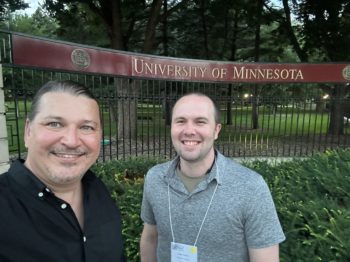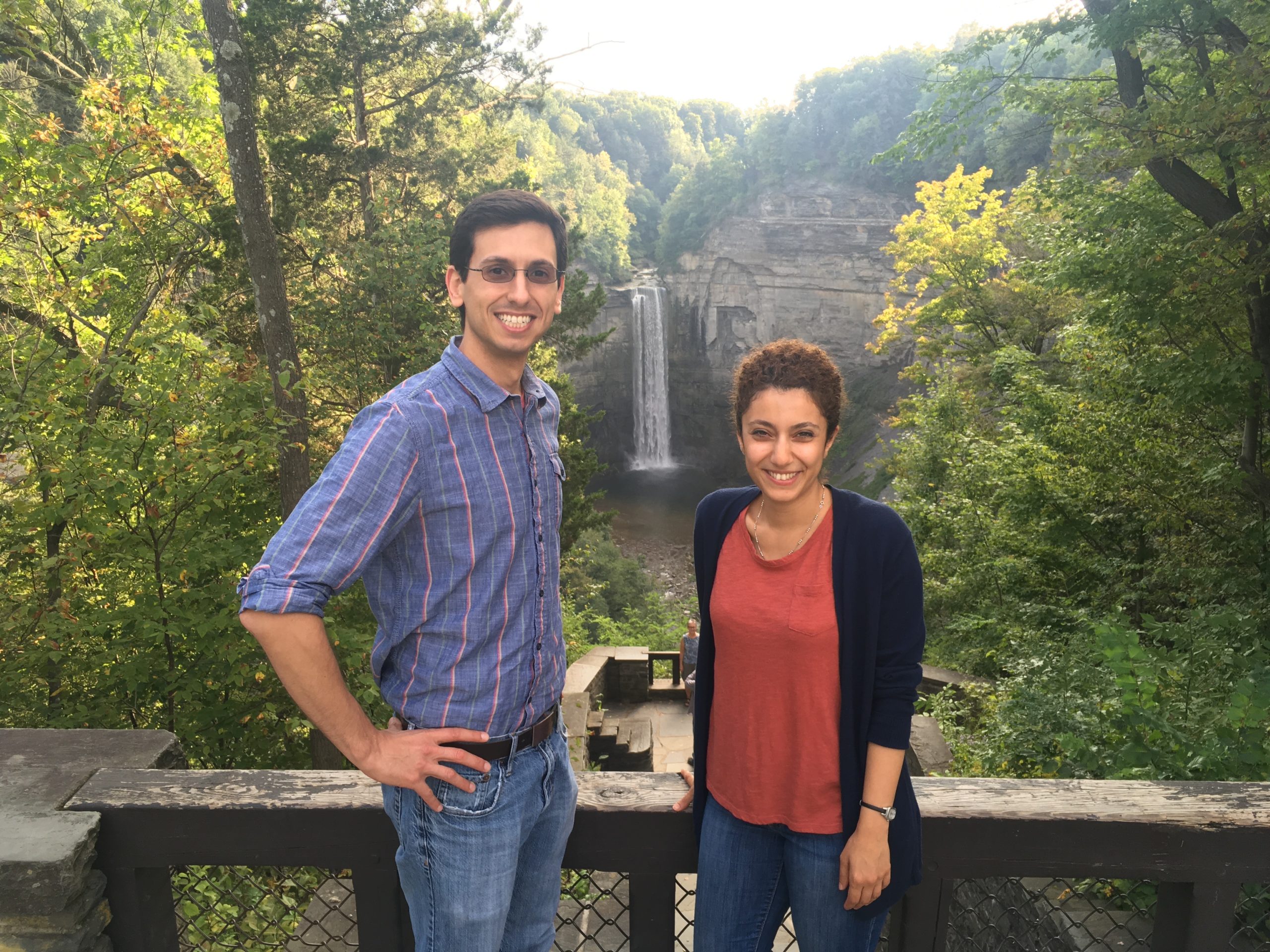I lead the discipline-based education research group in biology lab- and science communication education at Cornell University.
My team consists of education research postdoctoral fellows, graduate, and undergraduate students.
We seek student-centered and evidence-based solutions to modern pedagogical problems. I approach these issues with over two decades of teaching and mentoring experience.
At the Investigative Biology Teaching Laboratories, we have been developing and assessing a variety of pedagogical methods to train the next generation of scientists and science educators. We have not been afraid to test innovative tools to improve the students’ learning experience. Our goal is to share evidence-based pedagogies with a broad audience, therefore we aim to publish in open access journals.


We are all lifetime learners, therefore our teaching constantly improves. The recent paper discussing how instructors can choose classroom observation methods was written in collaboration with two graduate student teaching assistants in Investigative Biology (Asgari, Sarvary et al., 2021). These assessment methods provide valuable information to instructors, that they can use in promotion packages, fellowship, and award applications and to improve their own teaching.
As we moved to remote instruction in March 2020 due to the COVID-19 pandemic, we developed a student-centered approach to this transition, finding an inclusive and equitable solution for online learning with cameras (Castelli & Sarvary, 2021) and establishing the best practices for our undergraduate teaching assistants (Asgari & Sarvary, 2020).
Little did we know that the transition back to in-person instruction will face be similarly challenging. When we returned, we wanted to develop an inclusive learning environment with a student-centered approach. Students went through a lot, and they must have a seat at the table when we develop the curricula for the “new normal” higher education. We asked students what they wanted to keep from online learning as we returned to in-person instruction (Sarvary et al., 2022).
Students got used to some flexibility during the pandemic, and they expected that as we returned to in-pertson isntrcution. However, instructors must maintain the structure and the rigor of their courses. How to balance structure and flexibility has been our most recent research focus, and by developing and assessing a flexible assignment deadline system, we too a large step towards developing an inclusive-learning environment (Sarvary & Ruesch, 2024).
My other education research interest is about how to best provide transferable skill training to undergraduates. I especially focus on skills such as science literacy, critical thinking and science communication. We have developed a science literacy training framework (Sarvary & Ruesch, 2023), that contributes to the broader picture of the importance of science literacy training (Kelp, Sarvary et al., 2023).
We assessed the peer-review method we use to teach scientific writing (Biango-Daniels & Sarvary, 2020), and evaluated the effectiveness of our practical exams (Deane-Coe, Owens & Sarvary, 2017) to be able to improve the education we provide. We are part of many collaborations, expanding the ideas beyond our classroom (Meaders, Sarvary et al., 2021).
Technology plays an important role in student-engagement in Investigative Biology. We use digital pedagogy to turn lecture into dialogues (Sarvary & Gifford, 2016) and encourage the Bring Your Own Device (BYOD) movement . We have been using formative assessment with the help of a web-based response system, Poll Everywhere, in our 400+ student classrooms since 2012 (Sarvary & Gifford, 2017).
We were among the first to teach freshmen how to program in the statistical software R (Sarvary, 2014), and this innovation shaped how biostatistics is taught in many courses at Cornell today. The course employs a variety of student-centered pedagogies including case studies (Drott & Sarvary, 2016), problem-based learning, reflection, debate, role-playing (Sarvary, 2015), presentations, hands-on activities, peer-teaching, peer-review, and inquiry-based learning. Through these active-learning exercises, students become equipped with the critical thinking and problem-solving skills they need for their research projects.
These evidence-based education research projects conducted in Investigative Biology have helped many educators around the world.
